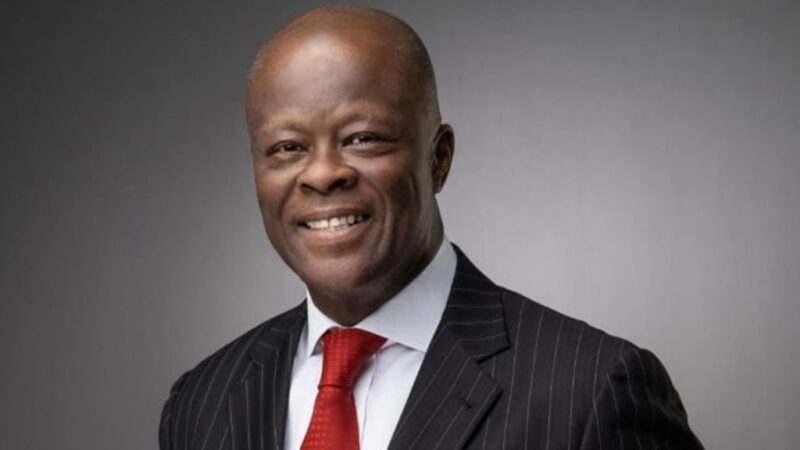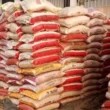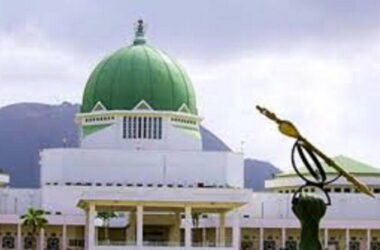Nigeria’s Minister of Finance and Coordinating Minister of the Economy, Wale Edun, has confirmed that the federal government is planning to increase the Value Added Tax (VAT) rate to 15%. However, he assured that the planned rise will mainly affect luxury goods, sparing essential items that are important for the daily lives of poorer Nigerians.
Speaking during an investor meeting at the ongoing International Monetary Fund (IMF) and World Bank Annual Meetings in Washington DC, Edun explained that the government is focused on protecting the most vulnerable citizens while pursuing necessary economic reforms.
According to him, the proposal currently being reviewed by the National Assembly aims for a phased increase in VAT on luxury items while keeping essential goods VAT-free or at a zero rate. “In terms of VAT, President Bola Tinubu’s commitment is that while implementing difficult and wide-ranging but necessary reforms, the poorest and most vulnerable will be protected,” Edun stated.
“So, the Bills going through the National Assembly in terms of VAT will raise VAT for the wealthy on luxury goods, while at the same time exempting or applying a zero rate to essentials that the poor and average citizens purchase.”
Edun mentioned that the list of essential items that will remain exempt from VAT will be released to the public soon. This move is intended to ease concerns about the impact of the tax reform on low-income households.
The minister also expressed optimism about the future of Nigeria’s oil industry, revealing that improvements in security in oil-producing areas and new investments by major international firms like Total and ExxonMobil are expected to lead to increased oil production. This, in turn, would help the country generate more foreign exchange income, providing a much-needed boost to the Nigerian economy.
On the topic of fuel subsidy reforms, Edun clarified that although the government had announced the removal of fuel subsidies earlier, the full implementation only came into effect in September. He emphasized that the financial savings from this move are expected to positively impact the economy in the coming months.
Addressing questions about Nigeria’s relationship with the IMF, Edun noted that the federal government had chosen to issue Domestic Dollar Bonds despite advice from the IMF against it. He reaffirmed that, while Nigeria continues to engage with the IMF and benefits from its support, the country maintains full control over its financial decisions.









